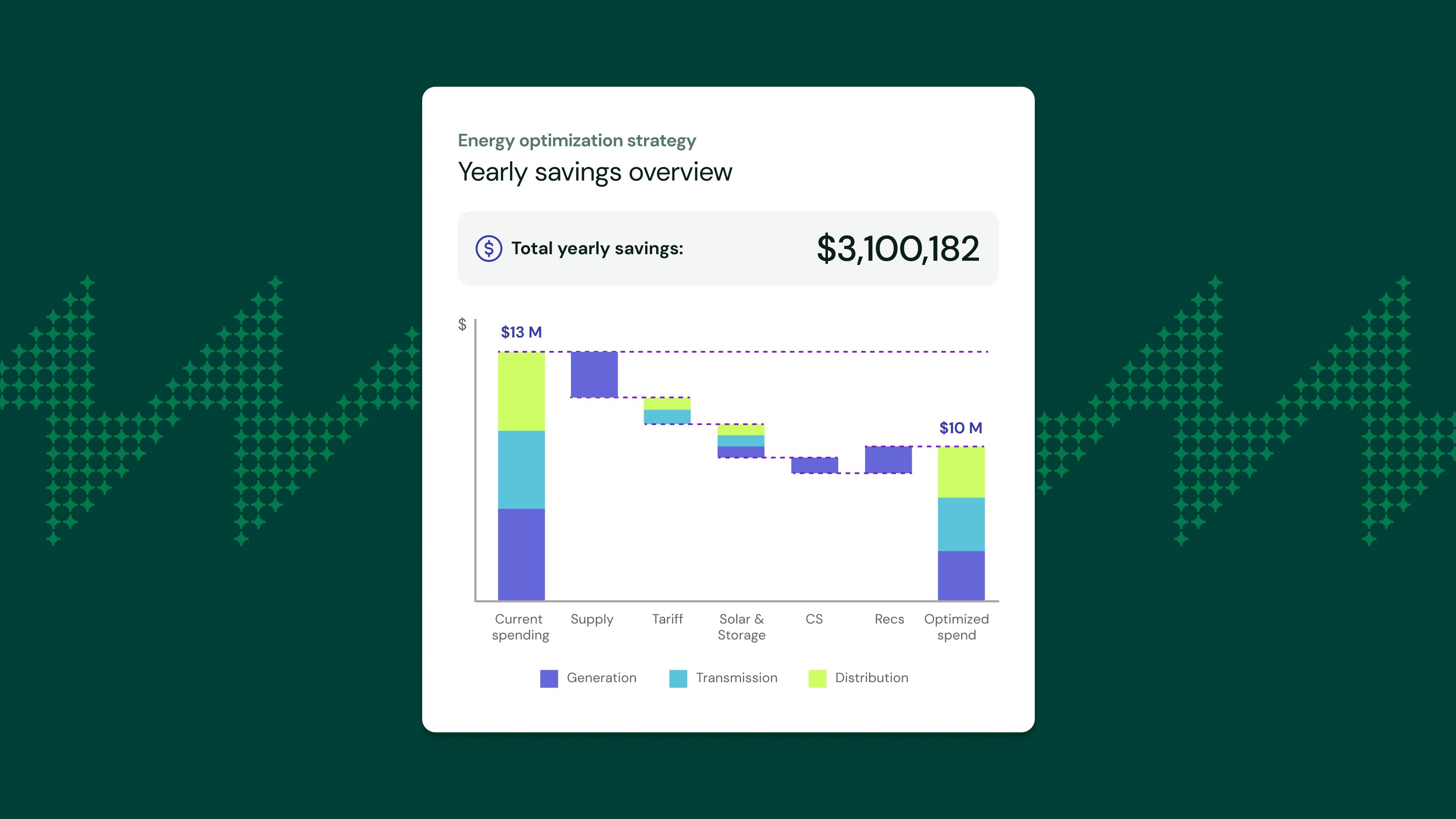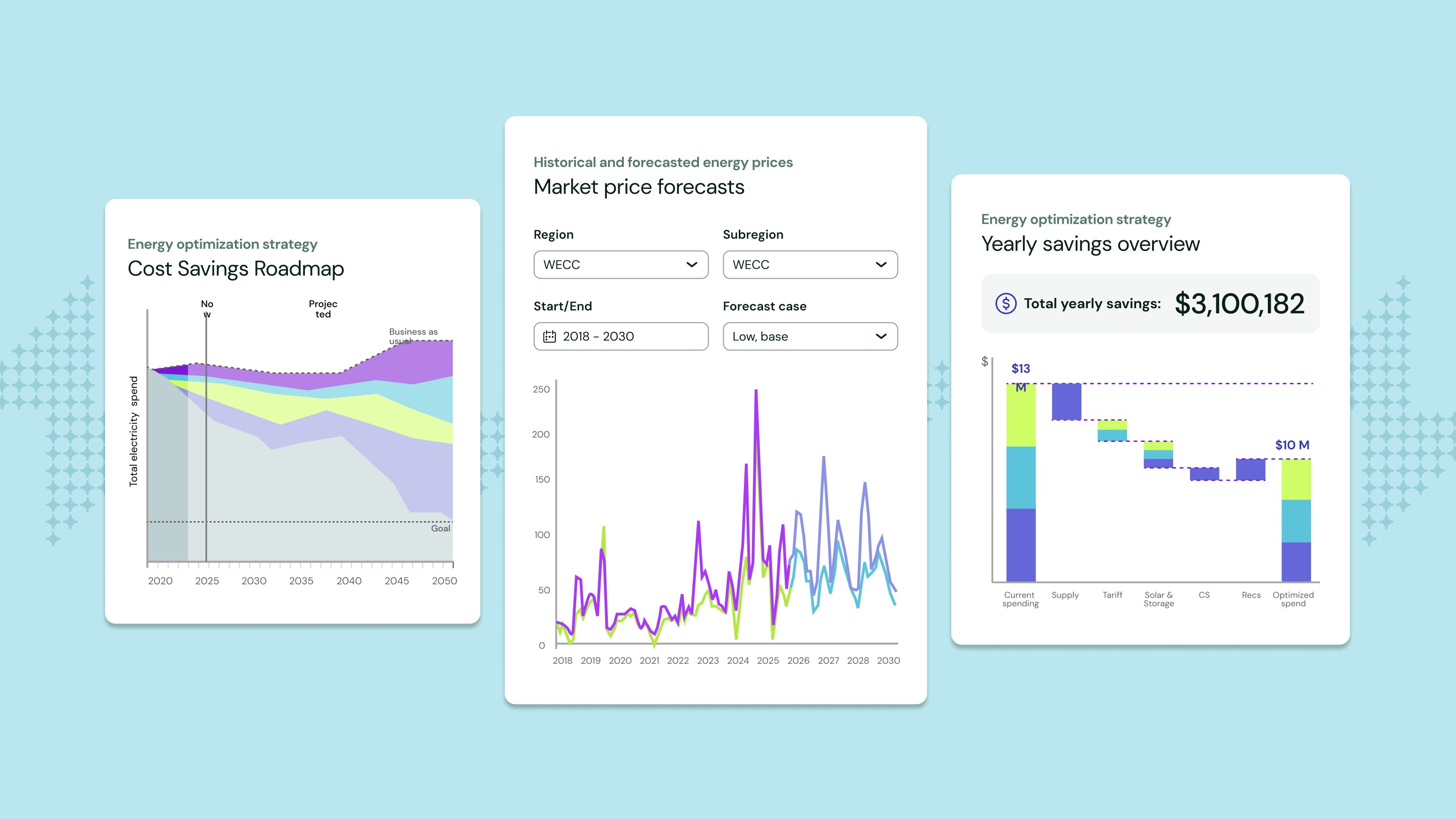Blog
The latest news, product updates, energy expertise, and climate perspectives from Arcadia.

Five critical insights from the CEBA Spring Summit that can help guide your organization's energy strategy.
Featured stories

In the wake of political uncertainty, ENERGY STAR Portfolio Manager customers need a contingency plan in case their data access is removed, even on a temporary basis. Arcadia can help.

By integrating the expertise of RPD Energy, Arcadia has strengthened our ability to deliver holistic, tailored procurement services for businesses across the US.

Our Q&A with Udit Garg, Arcadia’s VP of Product & Engineering, explores why generic AI solutions fall short in today's complex energy landscape — and how Arcadia's experience informs our strategic approach to leveraging AI.